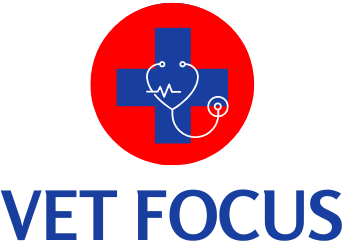In the colorful tapestry of the animal kingdom, birds stand as a fascinating and diverse group, captivating enthusiasts and veterinarians alike. For students in veterinary schools, understanding avian psychology and health is a captivating journey that unveils the intricacies of these feathered companions.
Exploring Avian Psychology
Birds, with their aerial prowess and distinct behaviors, possess a unique psychology shaped by their evolutionary adaptations. Veterinary students delve into understanding avian cognition, exploring concepts such as problem-solving abilities, memory, and social interactions.
Social Structures and Communication
Avian species exhibit intricate social structures, from communal roosting to elaborate mating rituals. Students explore the nuances of avian communication, decoding vocalizations, body language, and displays used for mating, warning, or bonding.

Environmental Enrichment
The understanding of avian psychology extends to the importance of environmental enrichment. Students learn how mental stimulation, appropriate housing, and varied activities are crucial for preventing behavioral issues and ensuring the psychological well-being of pet birds.
Unraveling Avian Health
Avian health presents unique challenges that differ from those of mammals. Veterinary students delve into the distinctive anatomy, physiology, and diseases that affect birds.
Nutritional Requirements
One of the cornerstone aspects of avian health revolves around nutrition. Students learn about the diverse dietary needs of different bird species, understanding the significance of balanced nutrition in preventing illnesses and maintaining optimal health.
Preventive Care and Disease Management
Avian veterinary studies emphasize preventive care through regular check-ups, vaccination protocols, and parasite control. Understanding avian-specific diseases, such as Psittacosis or Aspergillosis, enables students to diagnose, treat, and manage these conditions effectively.

Behavioral Medicine in Avian Health
The intersection of psychology and health is evident in behavioral medicine for birds. Veterinary students explore how stress, anxiety, and environmental factors impact avian health, recognizing the importance of behavioral assessments and interventions in comprehensive avian care.
Education and Practical Application
In veterinary schools, theoretical knowledge merges with hands-on experiences. Students engage in clinical rotations, avian-focused externships, and laboratory sessions dedicated to avian medicine. They gain proficiency in handling, diagnosing, and treating avian patients under the guidance of experienced professionals.
Understanding avian psychology and health extends far beyond textbook knowledge. It's a profound appreciation for the complexities of these creatures, blending behavioral insights with the intricacies of avian physiology. For veterinary school students in America, embracing this knowledge opens doors to a rewarding journey of caring for our feathered friends, ensuring their physical and psychological well-being throughout their lives.
For additional recommendations and guidance about veterinary science as well as practice, Kindly visit our website thevetfocus.com

